Publications
Articles, publications, books, tools and multimedia features from the U.S. Institute of Peace provide the latest news, analysis, research findings, practitioner guides and reports, all related to the conflict zones and issues that are at the center of the Institute’s work to prevent and reduce violent conflict.
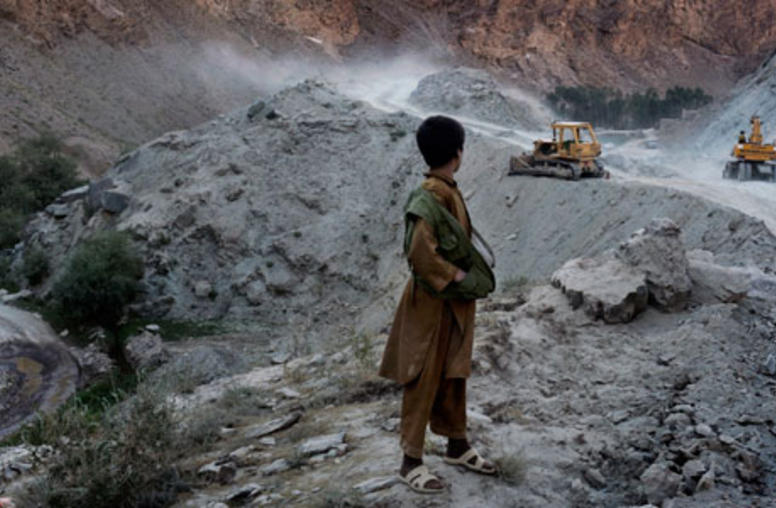
Mining for Peace in Afghanistan
The ongoing security transition in Afghanistan to be completed in 2014 has dominated discussions about the country’s future, but the economic transition will also be a challenge. With so much at stake, many are looking at the country’s abundant natural resources as an “economic life raft.”
Year in Review: Sustainable Economies and Natural Resources
USIP’s Raymond Gilpin, director of the Center for Sustainable Economies, talks about the big projects in 2012 to help Afghanistan, Nigeria, and other countries manage their natural resources – and what the center will focus on in 2013.
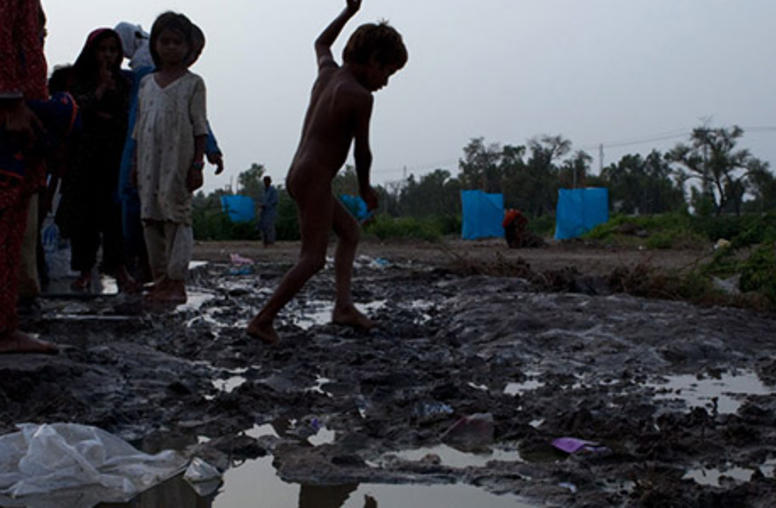
Pakistan’s Militant, Nuclear Threats Mask Underlying Risk: Water
Pakistan’s water supply per capita amounts to less than half that available to the average American. Serious water shortfalls have the potential to generate conflicts within Pakistan, as well as exacerbate regional tension.
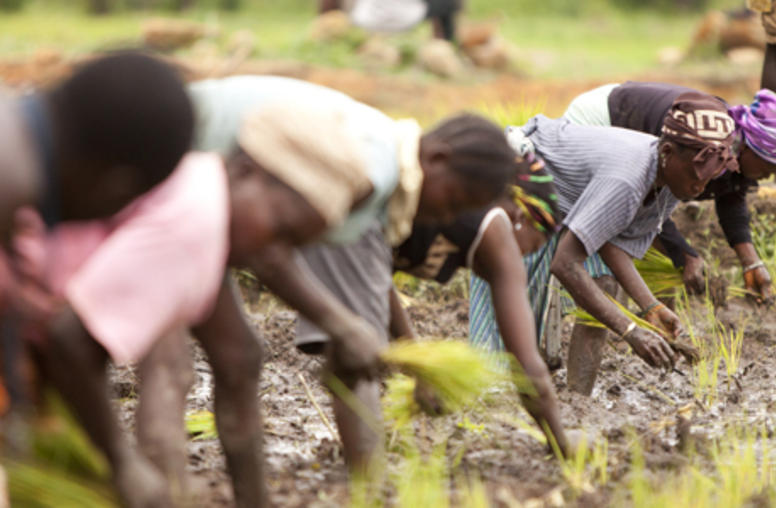
Liberia Pursues U.S. Investment to Tackle 'Colossal' Agriculture, Energy Needs
Liberian Minister of Foreign Affairs Augustine Ngafuan and U.S. Undersecretary of State Wendy Sherman led inaugural talks at USIP that sought cooperation to further reduce hunger and develop the agriculture and power sectors in the African nation.

USIP-Wilson Center Series on Arab Spring Impacts Concludes
In the last of a five-part series of papers and meetings on “Reshaping the Strategic Culture of the Middle East,” regional specialist Adeed Dawisha told an audience at the U.S. Institute of Peace (USIP) on June 12 that, contrary to some expectations, no clear political or ideological breach has opened up between the revolutionary states of the Arab Spring and the region’s status quo powers.
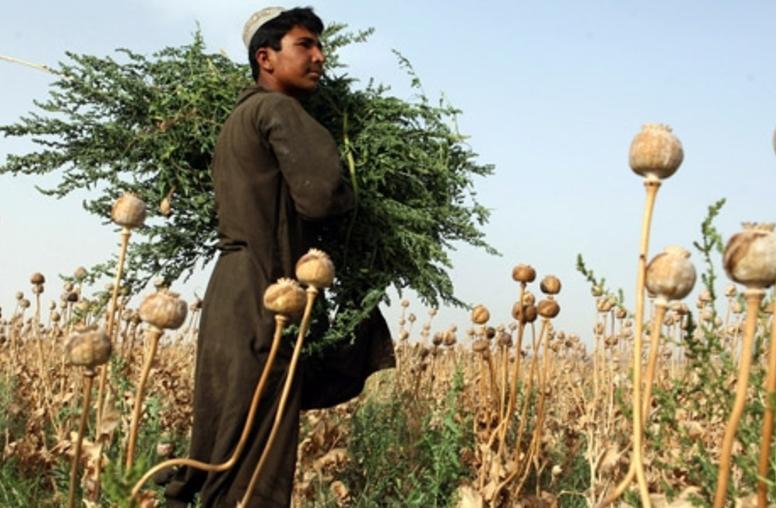
Top Afghan Officials Appeal for Sustained Help Against Opium
Top Afghan ministers and the governors of Kandahar, Helmand and Farah provinces appealed for international support of projects to curb the country’s opium poppy trade over the long haul, amid the risk that cultivation will rise in the short term as most U.S.-led military forces withdraw and foreign aid declines.
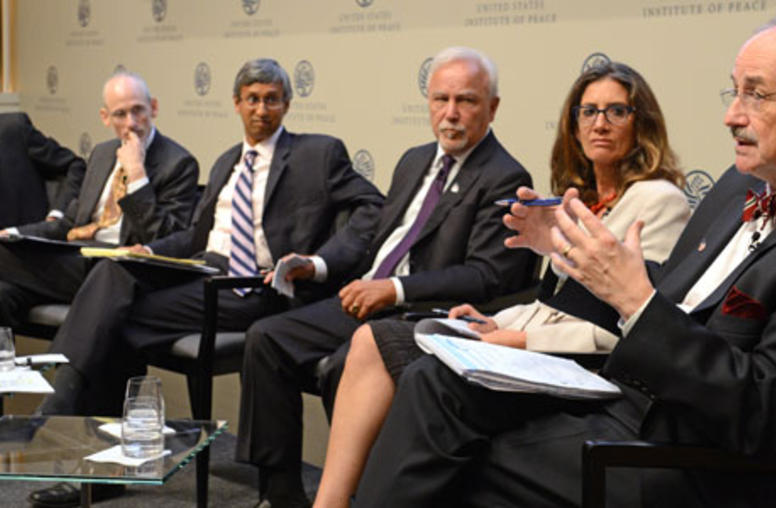
USIP Hosts International Gathering on Water Security and Conflict Prevention
Assuring access to water of adequate quantity and quality in the face of increasing challenges poses a growing risk of future conflicts. But in preventing any outbreak of conflict, better water management can play a vital role in building peace and cooperation, a variety of officials and specialists said at the Water Security and Conflict Prevention Summit held at the U.S. Institute of Peace (USIP) on September 10.
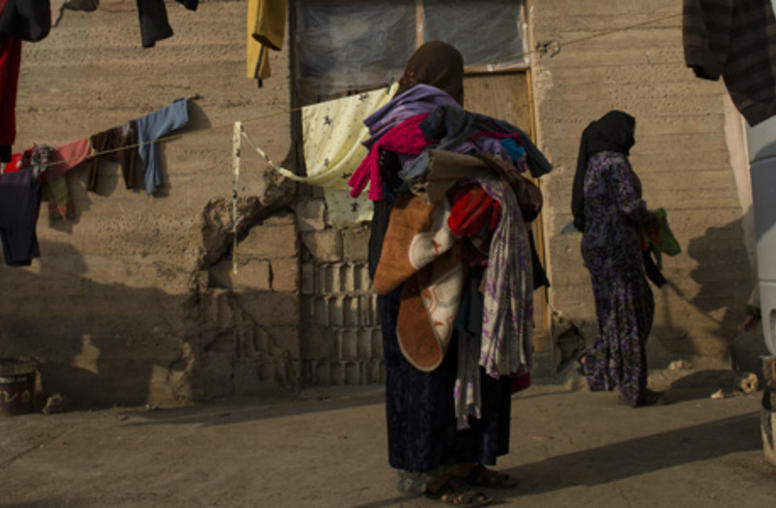
Peace Economics
The Arab Spring rebellions in Tunisia, Libya, Egypt, and Syria raise a crucial question for analysts: Why did authoritarian or kleptocratic rulers lose control over their polities? For decades, these rulers were able to use a combination of repressive and redistributive policies in order to maintain social order. Why did that order break down?
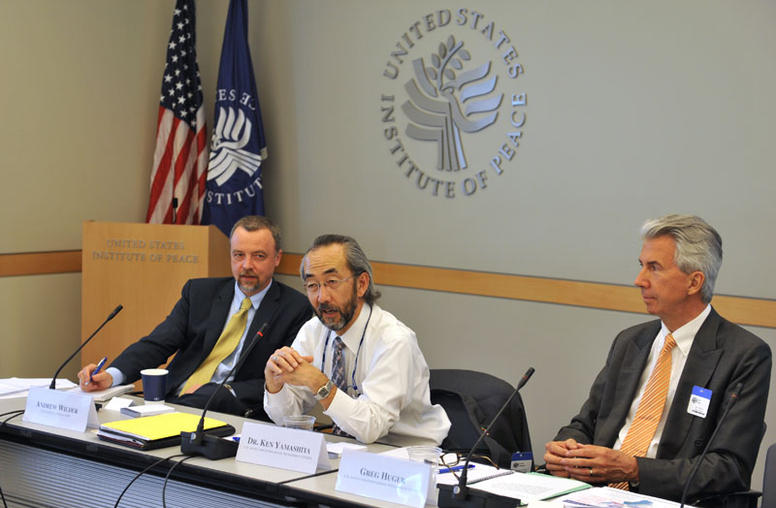
Strengthening Afghanistan's Resilience to Withstand Transition Challenges
The major attacks in Kabul this week have renewed questions on how well the country can deal with such challenges and also meet civilian needs ahead of the security transition in 2014.
USIP's Korea Working Group Convenes 5th U.S.-South Korean Track 1.5 Dialogue
On March 28, USIP's Korea Working Group (KWG), headed by John Park, convened the 5th USIP-Korea Institute for National Unification (KINU) Washington Workshop titled "The Outlook for the North Korean Situation and Prospects for U.S.-ROK Cooperation After the Death of Kim Jong-il.".